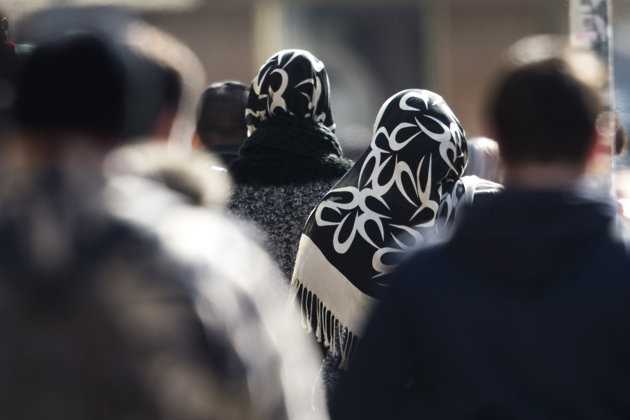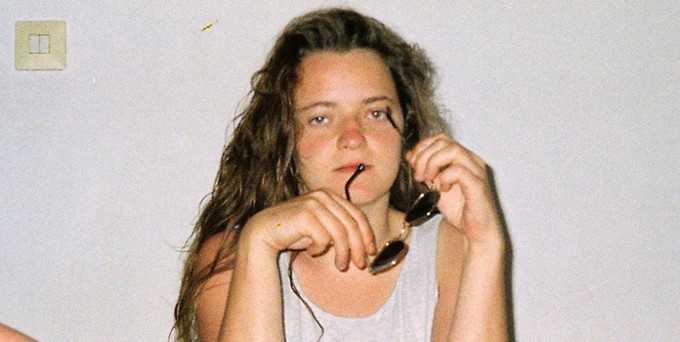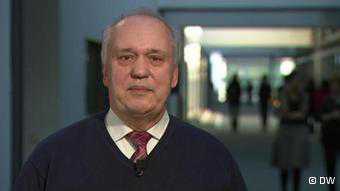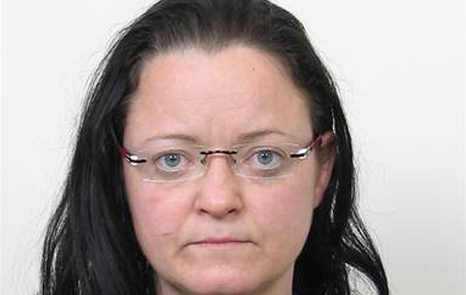BERLIN (AP) — In gritty backstreets of Berlin and other major German cities, housewives wearing head scarves shop for lamb and grape leaves. Old men pass the time in cafes sipping coffee, chatting in Turkish and reading Turkish newspapers.

Associated Press/Markus Schreiber – In this picture taken March 15, 2013 women with headscarfs, a traditional dress for islamic women, walk between other people on a street at the district Neukoelln in Berlin, Friday, March 15, 2013. (AP Photo/Markus Schreiber)
More than 3 million people of Turkish origin live in Germany — the legacy of West Germany’s Cold War-era program to recruit temporary foreign labor during the boom years of the 1950s and 1960s when the country rebuilt after World War II.
What started as a temporary program has changed the fabric of German urban life — from mosques on street corners to countless shops selling widely popular Doener kebab fast food sandwiches.
Germany’s experience with “guest workers” offers lessons for the U.S. as it debates immigration reform, including whether to provide a path to citizenship for unskilled foreign laborers, or whether there should be additional temporary-only visas for such workers.President Barack Obama has urged Congress to begin debate in April after lawmakers return from a two-week recess.
Decades after Germany’s formal guest worker program ended in the early 1970s, the country is still wrestling with ways to integrate Turks — the second biggest group among the estimated 15 million-strong immigrant community after ethnic Germans who moved from the former Soviet Union and for Soviet bloc countries — into German society.
“When you bring people to work, it’s quite hard to tell them to go back one day,” said Goecken Demiragli, a social worker whose grandmother came to Berlin from Turkey in 1968. “That was the biggest mistake: to think that if you don’t need them, they will go.”
Initially, the Germans felt they didn’t need an integration path.
They foresaw a temporary program of rotating labor, where workers from Turkey, the Balkans and southern Europe would spend a couple of years on an assembly line and then go home to be replaced by others if industry still needed them.
But factory managers grew tired of retraining new workers every couple of years and convinced authorities to allow contract extensions.
Many immigrants, especially young Turkish men who faced grinding unemployment at home, opted to stay in Germany, bringing their families and building lives here despite discrimination in education, housing and employment.
Although immigrants could stay legally with government-issued residence permits, they could not apply for citizenship for 15 years, although the period has been shortened in recent years. Without fluent German, and state-supported language programs, many were unable to pursue good educations and well-paying jobs.
As a result, the Turkish community remains the least integrated immigrant group in Germany, according to the private Berlin Institute for Population and Development.
Immigration critics blame the Turks for refusing to abandon traditions of rural Turkey, failing to learn German and take advantage of educational opportunities. Critics note that more than 90 percent of marriages by ethnic Turks are to other Turks — in part because of cultural restrictions against marrying outside the Muslim faith.
Over the years, the existence of a parallel society of marginalized people speaking a different language and following different religious and social customs has triggered a backlash in a country which only recently has considered itself a nation that welcomes immigrants.
Neo-Nazis have focused on the Turks in their campaign against immigration. Next month, the surviving member of a small neo-Nazi cell goes on trial in Munich for allegedly killing 10 people — eight of them Turkish immigrants — over seven years. The cell allegedly got away with the killings for years because police assumed they were the work of Turkish immigrant gangs.
Thilo Sarrazin, once a top official of Germany’s central bank, wrote in a 2010 best-seller that immigrants were dumbing down German society and that Turkish and Arab immigrants were reluctant to integrate. The firestorm that followed forced Sarrazin out of his bank post, but his book sold over 1.5 million copies.
Others fault successive German governments for being slow to recognize the immigration problem and moving only in recent years to put in place programs to combat discrimination, provide German language training and offer a speedier path to full citizenship.
“The West German government should have devised comprehensive integration measures as part of family reunification policies but did not,” a 2009 study for the Washington-based Migration Policy Institute. “Consequently, integration problems began to take root in West Germany.”
In the meantime, an entire generation grew up feeling estranged, living in urban ghettoes apart from the mainstream and unable to take part in political life. Even well-educated Turks who have assimilated believe that stigma remains alive today.
“There’s this categorization … that you are not the same as the others,” said Demiragli, the social worker, who was born in Germany but did not get citizenship until she was 16. “That is a feeling that grows in you if you do not have strong parents who can support you and give you the feeling that you are still special.”
Overt discrimination has abated since the 1970s and 1980s when real estate ads in German newspapers contained phrases like “Only for Germans” or “No Foreigners.” But Turkish residents say subtle barriers remain.
“Now it’s more hidden,” said Bekir Yilmaz, head of a Turkish community organization in Berlin. “You look for housing, you make a telephone call, you can speak German well but when you stand in front of the landlord, they say, ‘Oh, the apartment is taken.’”
Yilmaz believes the problem has worsened since the 9/11 attacks in the U.S. and the war on terror smeared the image of Muslims.
“The West had its enemy in communism but communism is gone. Now it’s the Muslims,” Yilmaz said. “The Turks here are no enemy. They have lived here for years, and their children born here. This has nothing to do with reality.”
German attitudes toward immigration and citizenship also proved an obstacle to full and rapid integration. Although attitudes are changing, Germany never perceived itself as an immigrant society like the United States. German society values conformity.
Unlike the United States, Germany does not automatically grant citizenship to anyone born on German soil. Even though the naturalization process has been shortened, it still takes years and requires knowledge of the German language and history.
In 2000, a new law granted German citizenship to German-born children of longtime legal residents. By age 23, those children must decide whether to keep German citizenship or their parents’ nationality.
Chancellor Angela Merkel’s government has refused calls from Turkish and other immigrant communities to allow dual citizenship. Many immigrants are reluctant to apply for German citizenship because they want to hold on to their original nationality.
“I think we should have a dual citizenship here in Germany,” said Ayvaz Harra, a German citizen of Turkish origin who sells bread in a Berlin market. “My family has property in Turkey and I would like to inherit it. Right now it’s not possible.”
But others believe the core problem was the government’s failure to foresee the long-term effects of the temporary labor program.
“The problem here is that there is a picture of how Germans should live and if somebody is living differently, it doesn’t fit,” Demiragli said. “I think that in 20 to 30 years it will be a totally mixed community, especially here in Berlin. If we get over that 20 years, I think it will be a totally different situation.”






